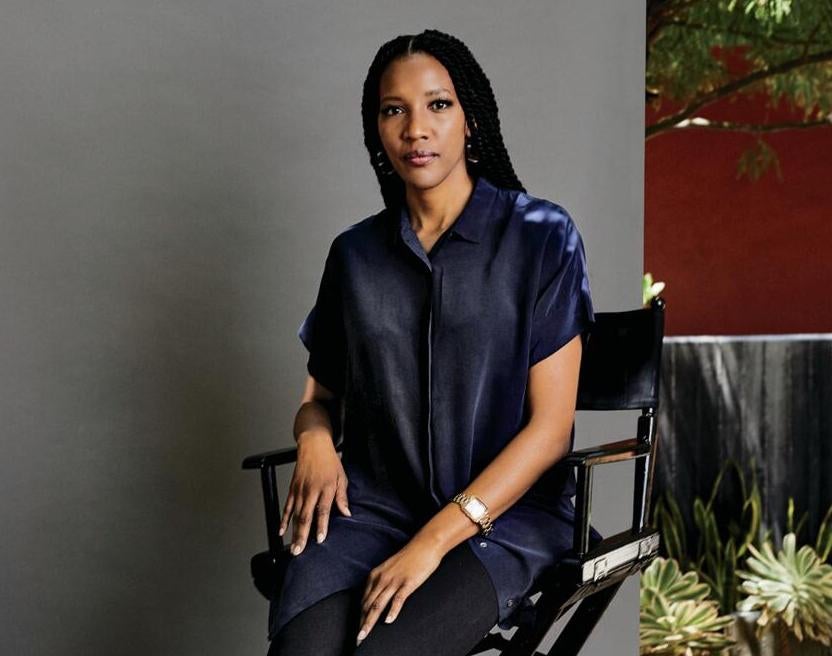|
I hate to burst your bubble but they are all just titles. Lol. Kidding...not really. Let's start from the bottom up, since it's important for screenwriters to understand this stuff. (Note: These descriptions are simplified. Each role goes above and beyond what's written below.) First some background on Creative Departments: TV Creative Departments house the following divisions: Scripted Current Programming - TV execs that handle scripted programming that is currently on air. Scripted Development - TV execs that bring in new projects. These are the execs that take the pitch meetings. Unscripted Current Programming - Same as scripted but for Reality TV. Unscripted Development - I think you get it by now. Due to on-line programming becoming so big, some companies even have On-line Programming and Development divisions now in their Creative Department vs their Web department that handles other content that isn't considered original programming, like contests, games, blogs, etc. ASSISTANTS: The most important people in the building. Without them the world would erupt like the San Andreas movie with the brilliant acting from The Rock, I mean, Dwayne Johnson. The Assistants schedule all meetings, which means they know everyone there is to know in the industry. Depending upon which executive the Assistant is covering, he/she may also have the opportunity to read scripts and give coverage. But this is not their job. Their job is to keep their executive(s) on track with script notes, dailies notes, development deadlines, conference calls, lunches, breakfast meetings, flights, birthday parties, when to use the toilet, you name it. COORDINATOR: The Coordinator runs the floor. He/she is the highest level Assistant because he/she also oversees all of the Assistants, manages the department's finances and tracks and reports the programming. He/she also has all of the duties an Assistant does but usually for the Head of the Department. NOTE: Assistants & Coordinators always have access to the good before they air on TV. It's like a game of gold fish. Assistant A: Hey, do you have a copy of that new CBS medical pilot? Assistant B: Why, yes, I do. I'll trade it for a copy of the new FOX thriller pilot. Assistant A: Done. Assistant B: Done. ENTERTAINMENT ASSOCIATE: This title doesn't exist at most places but it is the entry level executive job. The Associate sits in on all pitches and notes calls, and is also responsible for being a mental rolodex of writers, producers and directors. Associates basically operate as Managers but aren't responsible for as many shows. They can spend this time making relationships and finding their niche in the business. By the end of their first years as an associate, they should be more than prepared to be promoted to Manager. MANAGER: Usually the entry level executive job. Many people are hired directly to this position. It is very hard to get from Assistant or Coordinator to Manager. Though, there are of course exceptions to the rule. Managers manage programming (current and/or development depending on the department). Managing includes working directly with the showrunner to streamline the show's season, giving notes on every script and every daily (video cuts of each episode) and signing off on it before it sees the TV screen. He/she works with the Production Manager to oversee production, scheduling and budgets. Managers also deal in marketing, promotions, web, etc. He/She knows her show the best, so he/she often comes up with ideas for the various departments that cover his/her shows. DIRECTOR: The next step up. If you do your job well, or if you don't but you put in at least 9 months to 2 years, Directors are promoted to VP's. Directors do exactly what Managers do but usually for more shows. VICE PRESIDENT: The next step up. Same rules apply. SENIOR VICE PRESIDENT: The next step up. Same rules apply. EXECUTIVE VICE PRESIDENT: The head of the creative department. The EVP reports directly to the President of the Network. The EVP oversees the direction of programming each year to make sure it fits with the brand. This direction may change every few years due to ratings and current events. (Writers should always check in on the brand before pitching to the network. A network that was anti-Zombies two years ago is all about it after The Walking Dead hit big.) That's pretty much what Creative TV execs do. Depending upon the network, the roles may be more specified with which level execs take pitch meetings and which deal with development vs current programming. There are also some smaller networks that have their execs covering scripted and unscripted, but this doesn't happen often due to the nature of the business. The budgets for both are different and the contacts for both are different. Different studios, different production companies, etc. What's the difference between a studio and a production company? Now, you know that's another blogpost. Wait for it. Check out the Development Lab Application to join a proven system that helps you craft a pitch that sells in less than 6 months, pitch to our panel of industry pros, and book a general meeting! AUTHOR
Leave a Reply. |
ABOUT
|
About |
COACHINGMEMBERSHIP |
RESOURCES#FreeGameBusiness services |
|
Gain access to:
|
Contact Us
Copyright © 2022 The Professional Pen



 RSS Feed
RSS Feed

